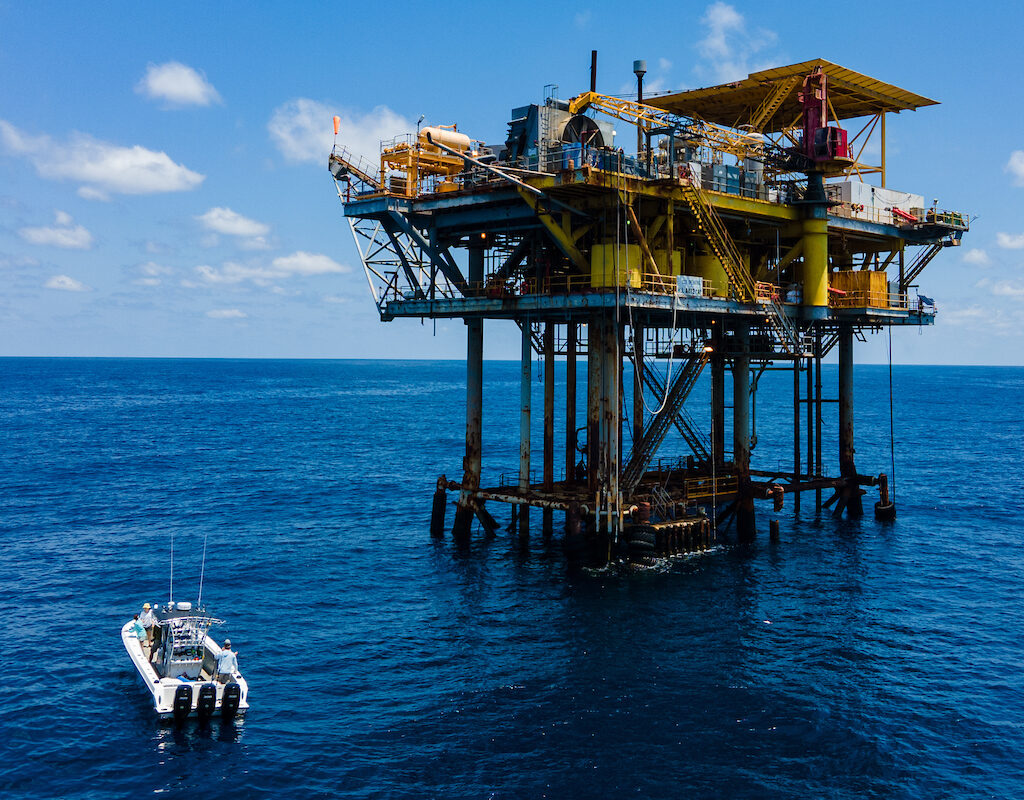Texas Sea Grant College Program
- Type
- Program

Overview
Contact
4115 TAMU
306C O&M Building
College Station, TX 77843
Mon-Fri 8:00 a.m. – 5:00 p.m.
The Sea Grant College Program was created and funded by the National Oceanic and Atmospheric Administration (NOAA) under the National Sea Grant Program Act of 1966. It is modeled after the successful Land Grant College System of research, teaching, and extension designed to link academic and research programs to societal needs.
This achievement was a milestone for our nation, and the communities that depend on coastal and marine resources for their livelihoods. Texas A&M University, one of the first Sea Grant institutions, is the headquarters for Texas Sea Grant created to harness the intellectual capacity of Texas universities to solve societal problems impacting our coastal and marine resources. Through education, outreach, engagement, and research Texas Sea Grant has amassed 50 years of science and stewardship impacts and accomplishments.
The mission of Texas Sea Grant is to improve the understanding, wise use and stewardship of the state’s coastal and marine resources. To achieve this mission, Texas Sea Grant directs its education programs, applied research, and outreach to benefit the citizens, businesses and communities of Texas – from providing grants and scholarships that benefit students and workforce development, to funding Texas’ innovative researchers to solve real-world coastal issues, to deploying boots-on-the-ground extension staff to assist small businesses be more competitive in a global marketplace and coastal communities to grow sustainably and build resilience to impacts from coastal hazards.
Today, the Texas Sea Grant College Program is part of a national network of 34 Sea Grant programs in coastal and Great Lake states. The network, in partnership with the states, helps connect research conducted at Sea Grant institutions with the public. Sea Grant is NOAA’s primary university-based program, dedicated to helping citizens utilize scientific information to support a vibrant economy while ensuring ecological sustainability.
More choices in Fisheries
- Course
This online course is the second in a series of three developed to introduce homeowners, DIY hobbyists, or future commercial farm operators to the world of aquaponics.
- Course
Learn what it takes to be a fishing tournament weighmaster. This online course is perfect for anyone who wants to become a weighmaster or wants to learn more about fishing tournament procedures, including tournament officials.
- Course
Learn what it takes to be a fishing tournament weighmaster. This online course is perfect for anyone who wants to become a weighmaster or wants to learn more about fishing tournament procedures, including tournament officials.
- Course
Learn what it takes to be a fishing tournament weighmaster. This online course is perfect for anyone who wants to become a weighmaster or wants to learn more about fishing tournament procedures, including tournament officials.
- Course
Learn what it takes to be a fishing tournament weighmaster. This online course is perfect for anyone who wants to become a weighmaster or wants to learn more about fishing tournament procedures, including tournament officials.
- Publication
The greater Houston region is losing freshwater wetlands to the point that the water quality of Galveston Bay and other local water bodies is severely threatened. This publication offers a brief overview of research on wetland losses in the eight-county Houston metro area and offers ideas on how residents and policymakers can take action to […]
